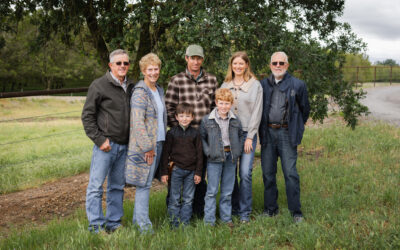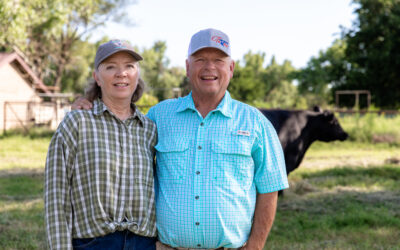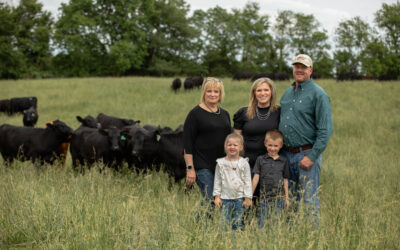
They deal with it
So it’s no surprise the weather came up on my visit to Zutavern Ranch Co. near Dunning, Neb., last week.
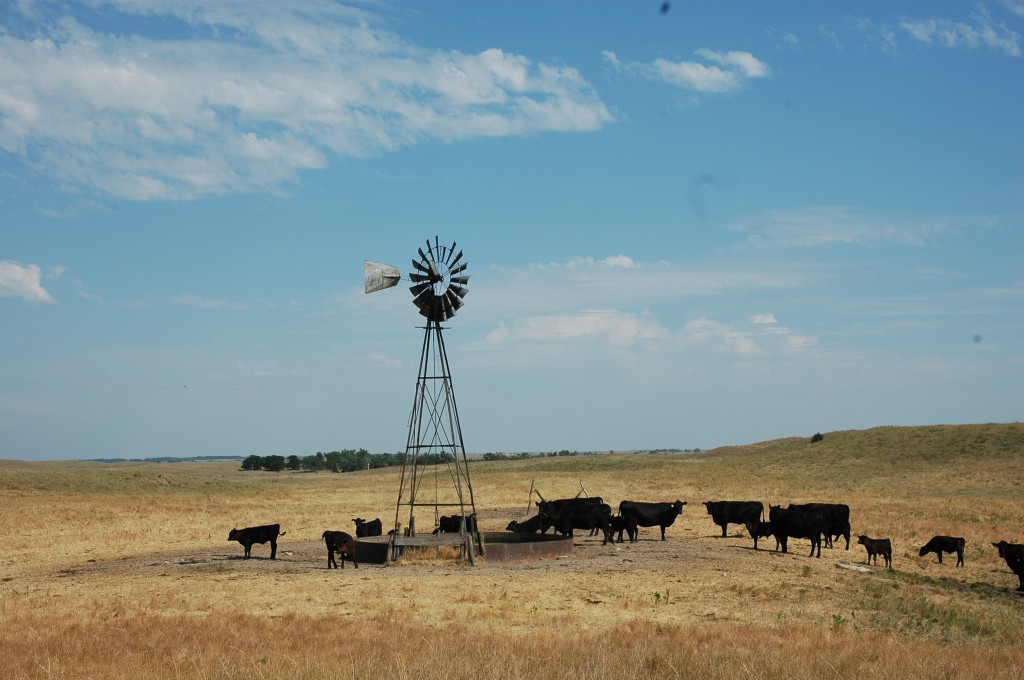
Sure we talked about a lot of other things—like the way the first Zutaverns loaded their stock and all their fence posts up on a train in eastern Nebraska to settle in Custer County and how the Blaine County (the one they now call home) fairgrounds came to be located on the family ranch thanks to uncle George.
But when I hopped in the pickup with Conrad “Con” Zutavern and his mom Marcena, it was hard not to talk about the grass that should be green or the hay crop that’s less than half of last year’s.
The fact that Con’s nephew got called away to fight a fire on an area ranch while we were talking kind of brought it front of mind, too.
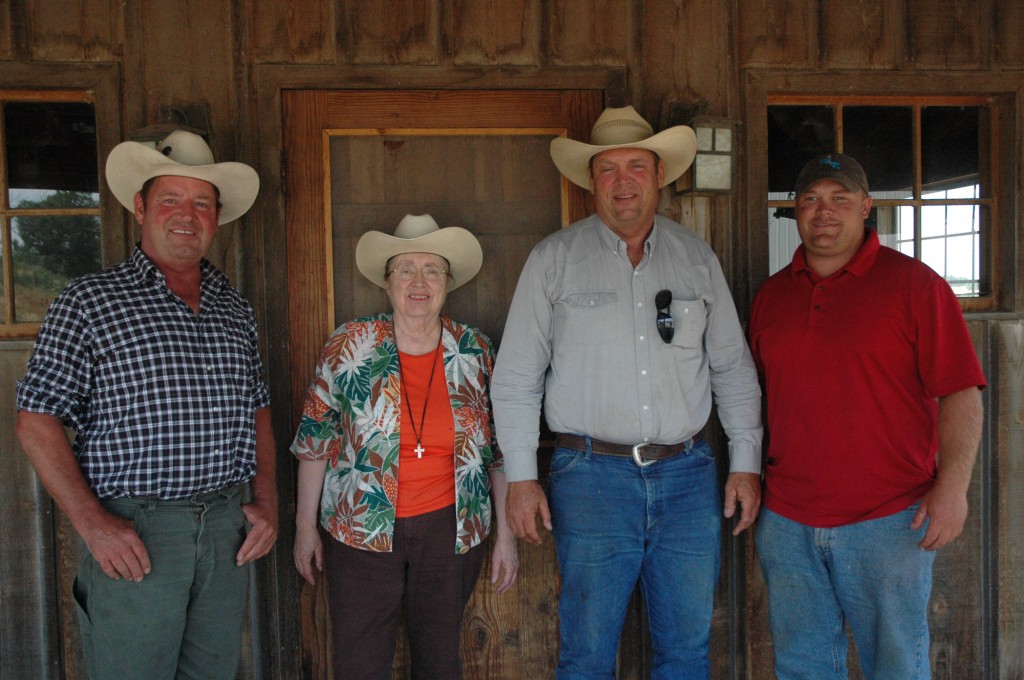
As we drove along the “great meadow” between the MIddle Loup and Dismal rivers they often said things like “the last time we had a drought like this” or “back in 2002.” Like many ranchers, wanting for rain is nothing new.
So they know how to cope. Although the idea of feeding cows before the snow flies doesn’t sound too appealing, they have some hay stockpiles they can tap. During the last major drought they bought a feedtruck to help them deliver distillers grains to the cowherd. It now serves them well in their on-ranch feedlot, but that doesn’t mean that tactic won’t be tried again.
Con said he hasn’t checked a weather forecast in weeks because he just doesn’t want to get his hopes up. Yet looking over the pastures he said with optimism fully engaged, “If we get a rain, these meadows will green right up.”
That same spirit guides the rest of the ranching operation, too. Worry about what you can change, do your best to prepare for what you can’t.
They talk about the decreased competition from packer-buyers at their 2,000-head feedyard and the increased prices for feedstuffs, but point to that as the reason they tried grid marketing nearly as quick as it was offered.
“We grabbed the opportunity because it we saw it as a way to maximize our income,” Con says. “We knew it was going to take above average grading cattle.”
So they’ve worked to accomplish that and at 58% Certified Angus Beef(R) brand and Prime, I’d say they’ve done it. But the Zutaverns don’t call it “mission accomplished” just yet.
“We don’t want to get to the point where we think the only way we have to go is backward,” he says.
May your bottom line be filled with black ink,
Miranda
PS–Watch the October Angus Journal for the full feature story on this ranch!
You may also like
Legacy in the Golden Land
On a quiet stretch of Northern California rangeland, a different story unfolds. The Borror family’s legacy modestly speaks through the cattle they raise, the ground they steward. The generations who’ve made a life here demonstrate commitment to doing things right, even when no one is watching.
Helping Hands, Helping Herds
“When I die, I want to come back as one of your cows,” murmurs a friend to Steve Zybach. Full to the brim from an alfalfa ration every day, bountiful fields of lovegrass stretched out across the Texas Panhandle—and owners who leave no ounce of cattle care up for question. The Zybachs’ motivation for this level of dedication to their Angus cattle is simply love.
An Ambassador for All
Joanie, with daughter Lindsey and her husband, Adam Hall, raise registered Angus cattle with two primary goals: producing high-quality seedstock that perform well in a wide variety of environments and ensuring end-user satisfaction. Those goals tie everything together, from promoting Angus to other producers to sharing their story with CAB partners and beef consumers.

